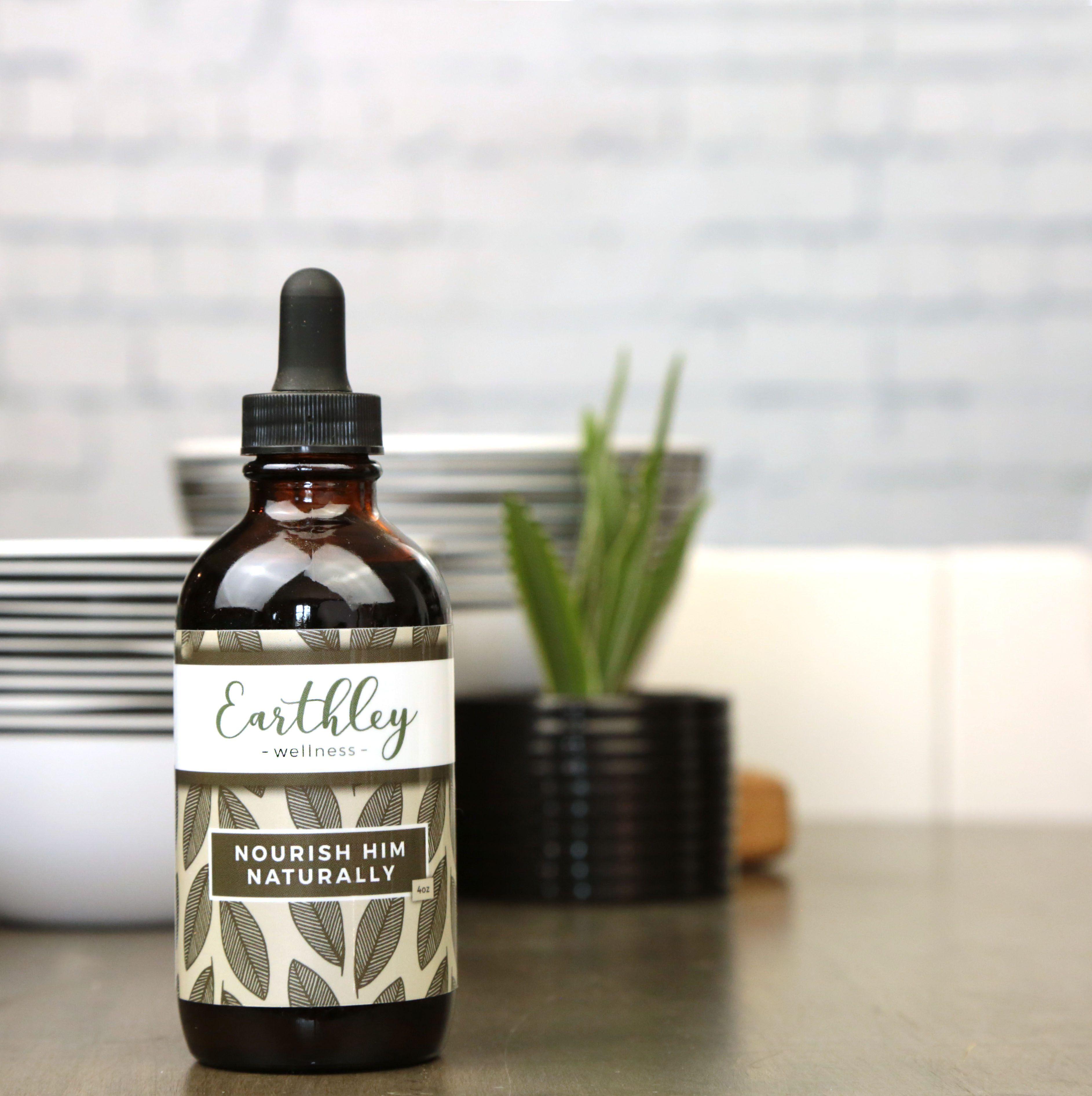Why You Shouldn’t Mega-dose Nutrients (Usually)

With vitamins and minerals – BALANCE is key. The cofactors for each nutrient need to be available to maintain that balance. Every vitamin and mineral has synergistic nutrients that work together in a delicate ratio for proper absorption and function. On the flip side, antagonistic nutrients can block absorption altogether (and cause other issues too (1).
So, that brings us to:
Why You Shouldn’t Mega-dose Nutrients (Usually)
Reason #1: Your Body Can’t Absorb So Much At Once
Have you ever really studied the back of a vitamin supplement bottle? The RDA (recommended daily allowance) numbers are often pretty high. One B-vitamin complex had these RDA numbers—Thiamin – 400%, Riboflavin – 385%, vitamin B6 – 294%, Biotin – 1,000%, and here’s the real kicker—vitamin B12 came in at 10,417%.
What?! 10,000% of the recommended daily value…. WHY? Being a water-soluble vitamin, high doses of B12 are generally thought to be safe, but they can cause nausea, diarrhea, and other uncomfortable symptoms. High doses of vitamins aren’t efficiently absorbed as the body can only use so much at once.
In fact, it’s reported that in a 500-mcg supplement, only 10 mcg of B12 is even actually absorbed (2)! Yet supplements (and fortified foods and drinks) often contain huge unnecessary amounts of individual vitamins. Watch for that bright yellow urine – that’s a sure sign you’re just excreting nutrients rather than utilizing them.
So, if we can’t use them all…why take them all?
Reason #2: Isolates Contain Fillers and Additives
Did you know that many multivitamins even prenatals contain: FD&C Blue 1 Lake, FD&C Red 40 Lake, FD&C Yellow 6 Lake, Gelatin, Maltodextrin, Mannitol, Titanium Dioxide, Soy Lecithin, and other STUFF too hard to pronounce!
If you’re trying to avoid food dyes, sugar, and additive ingredients – carefully look over those vitamin supplements before you buy.
Reason #3: Synergy Matters – Isolates Cause Side Effects
When it comes to isolated nutrient compounds, like those in mainstream vitamin supplements, the process of isolating the vitamin compounds is literally how pharmaceutical drugs are made. Isolates come with risks in use, because in high doses they can cause side effects and toxic reactions (3), even if they are naturally derived.
A study determined high-dose supplements of vitamins A, E, D, C, and folic acid were not only ineffective for disease prevention, but some of them actually increased risks of serious disease (4). Curiously, vitamin D supplementation is often pushed in the natural community yet we really should be asking more questions.
A main factor to consider is the fact that nutrient synergy matters. As mentioned earlier, each vitamin and mineral has agonists/antagonists. These duos and trios work together for proper absorption and enzyme activation. This is called nutrient synergy.
Key Vitamin Synergies:
Vitamin C and Iron: vitamin C helps the body absorb and properly utilize iron.
Vitamin D and Magnesium: vitamin D isn’t actually a “vitamin.” D is a hormone and your own body can make it via direct sunlight (but also get it from food and supplementation). Magnesium is required to actually activate vitamin D.
Calcium, Vitamin D, and Vitamin K: vitamin D is required for calcium absorption while vitamin K is required to direct calcium to the bones.
These nutrient relationships are intricate. There are mineral to mineral synergists, mineral to vitamin synergists, and vitamin to vitamin synergists. Learn more in our How to Use Herbal Vitamins for Immune Support guide.
Every nutrient impacts other nutrients and either enables or blocks proper functions. For instance, supplementing vitamin D needs to be done along with magnesium supplementation or a magnesium deficiency can set in (5).
The Exceptions: When Mega-Dosing Makes Sense
There are times and places for these supplements. When something’s really going on (like if a severe respiratory virus hits), then my kitchen cabinet stash is ready to go.
Three situations when mega-dosing makes sense:
- During severe illness: when severe illness hits, a short-term high dose of specific nutrients can have beneficial effects.
- During chronic disease, research shows that high doses of intravenous (IV) vitamin C supports health (6, 7).
- For severe vitamin deficiencies: with testing and professional treatment, sometimes severe nutrient deficiencies are discovered. Severe vitamin C deficiency is called scurvy and requires special treatment. Hypomagnesemia can lead to hypocalcemia (low magnesium and low calcium levels) which require more aggressive supplementation to correct. Thiamine (vitamin B1) deficiency can cause confusion, ataxia (nervous system degeneration), nystagmus (uncontrolled, repetitive eye movements), diminished reflexes, seizures, and short-term memory loss among other issues that require high dose supplementation to correct (8).
So, again, there’s a time and place for mega-dosing isolated vitamins and minerals.
Sources
1 https://isom.ca/wp-content/uploads/2020/01/JOM_1990_05_1_04_Nutritional_Interrelationships_Minerals_Vitamins-.pdf
2 https://ods.od.nih.gov/factsheets/VitaminB12-HealthProfessional/
3 https://journals.sagepub.com/doi/pdf/10.1177/156482658801000214
4 https://www.ncbi.nlm.nih.gov/pmc/articles/PMC5241405/
5 https://pubmed.ncbi.nlm.nih.gov/28471760/
6 https://jeccr.biomedcentral.com/articles/10.1186/s13046-021-02134-y
7 https://www.ncbi.nlm.nih.gov/pmc/articles/PMC6115501/
8 https://www.ncbi.nlm.nih.gov/books/NBK537204/
Try out these products!


Whole, natural nutrition for HER

Whole, natural nutrition for HIM

Whole, natural nutrition for all

A super food vitamin C source
